Explore the Future of Coffee
Discover small roasters at the frontier of sustainability and innovation
50%
Of coffee-growing lands globally are at risk of disappearing by 2050
40K
Square miles allocated to coffee crops globally – roughly the size of Kentucky
120M
People worldwide who depend on coffee, directly or indirectly, for their livelihoods
Lightyear Coffee was created to help you discover – and reward – roasters who are building a better future for coffee
Browse Roasters
Find specialty coffee roasters operating at the intersection of sustainability, innovation, and equity
Explore Coffee Data
See data visualizations of patterns and trends in coffee origins, flavor profiles, roast levels, and more
Learn About Coffee
Read up on a variety of topics related to specialty coffee, including climate change and bird-friendly coffee

This is the heading
100% Direct Trade
Find coffee roasters making a difference
Browse our roaster profiles to find leaders in sustainable, innovative, and equitable practices
Mission
Commitment to conservation through donations and certifications
Transparency
Clear coffee sourcing information and cost transparency
Roaster features
Eco-friendly roasting equipment designed to minimize emissions
Packaging features
Sustainable packaging solutions aimed at waste reduction
Coffee features
Coffees certified for environmental and agricultural standards
Trade features
Equitable trade models ensuring fair compensation for farmers
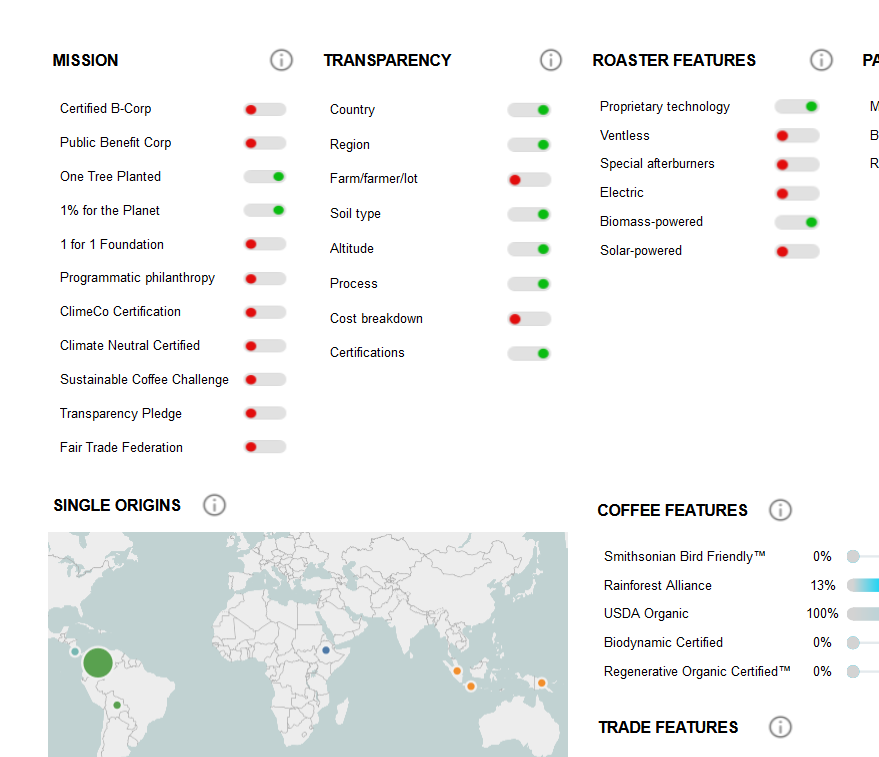
FAQs
How did you come up with the list of criteria that you use to assess roasters?
In our Roaster Profiles, our set of criteria is the result of extensive research into certifications, practices, pledges, and partnerships that positively reflect a roaster’s commitment to sustainability, innovation and equity in specialty coffee.
Are any evaluation criteria weighted more than others?
No. We do not weight or endorse one attribute over another. Our criteria are expressed as yes/no toggles (a roaster possesses the attribute or it doesn’t) or percentages (what percentage of a roaster’s single origins possesses an attribute).
Which roasters are eligible to have a profile on Lightyear?
In general, any specialty roaster who 1) roasts in-house under their own brand and 2) sells that roasted whole-bean coffee nation-wide through an online shop. However, we reserve the right, in our sole discretion, to exclude or remove any roaster for any reason.
I’m a roaster and you have a profile for me on your site. Can it be removed?
No. Our roaster profiles are generated from publicly available information and are intended to help consumers decide where to buy their coffee from. If any information we have on your profile is incorrect or incomplete, we will gladly update it upon verification.
A roaster's profile shows their data from what period of time?
We display “date assessed” next to each profile, which is the date we surveyed the roaster’s online shop. A roaster’s specific single origin lineup can change frequently, and that lineup might have changed from the date we surveyed the roaster’s offerings, and the date you view the profile. The other profile criteria might change over time as well, but any changes would not be as frequent as changes in origins. A roaster’s overall approach to sustainability, equity, and innovation will be captured in our profile, even if some time has elapsed since our survey of their site.
Are you a roaster?
This is the heading
Lorem ipsum dolor sit amet, consectetur adipiscing elit. Ut elit tellus, luctus nec ullamcorper mattis, pulvinar dapibus leo.
What does innovation in coffee look like?
Pushing traditional boundaries on origin selection, taste profiles, processing methods, trade models, and roasting technology are all ways roasters can exhibit their innovation
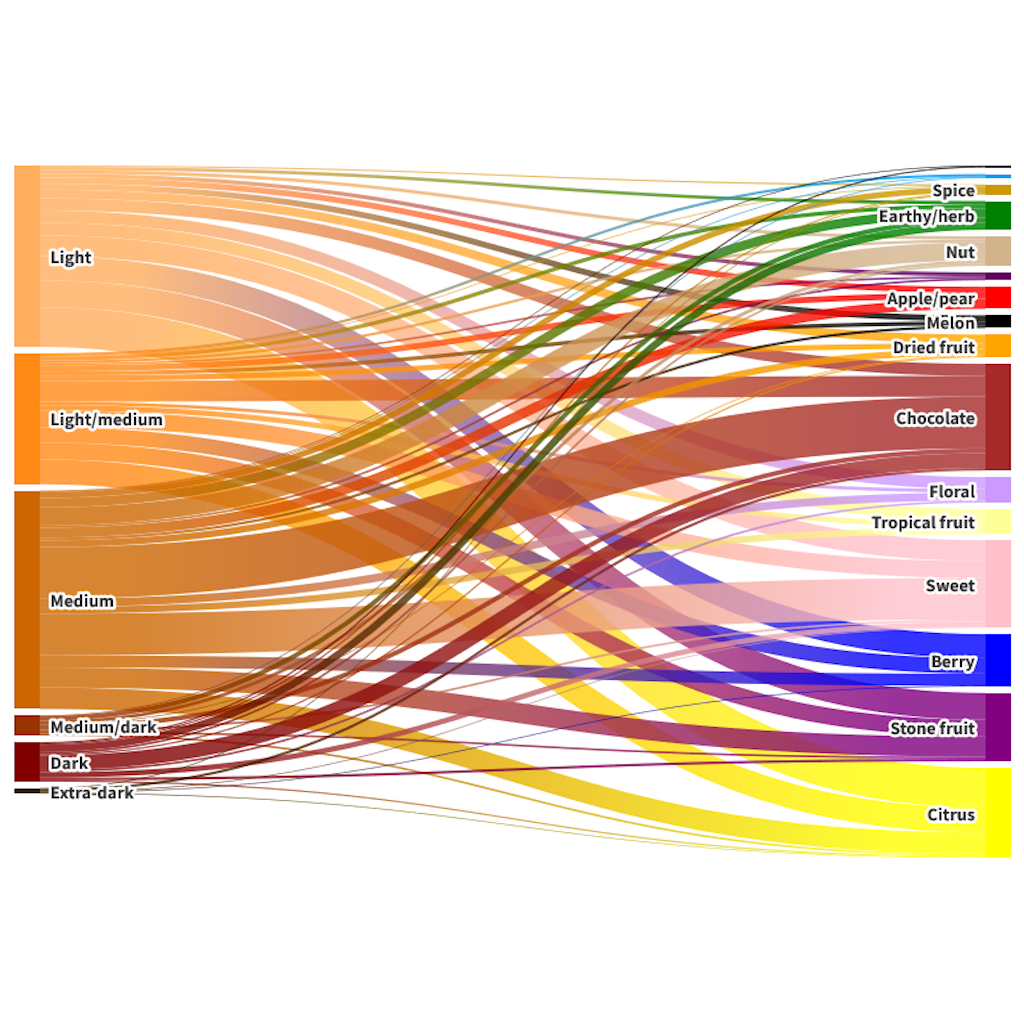
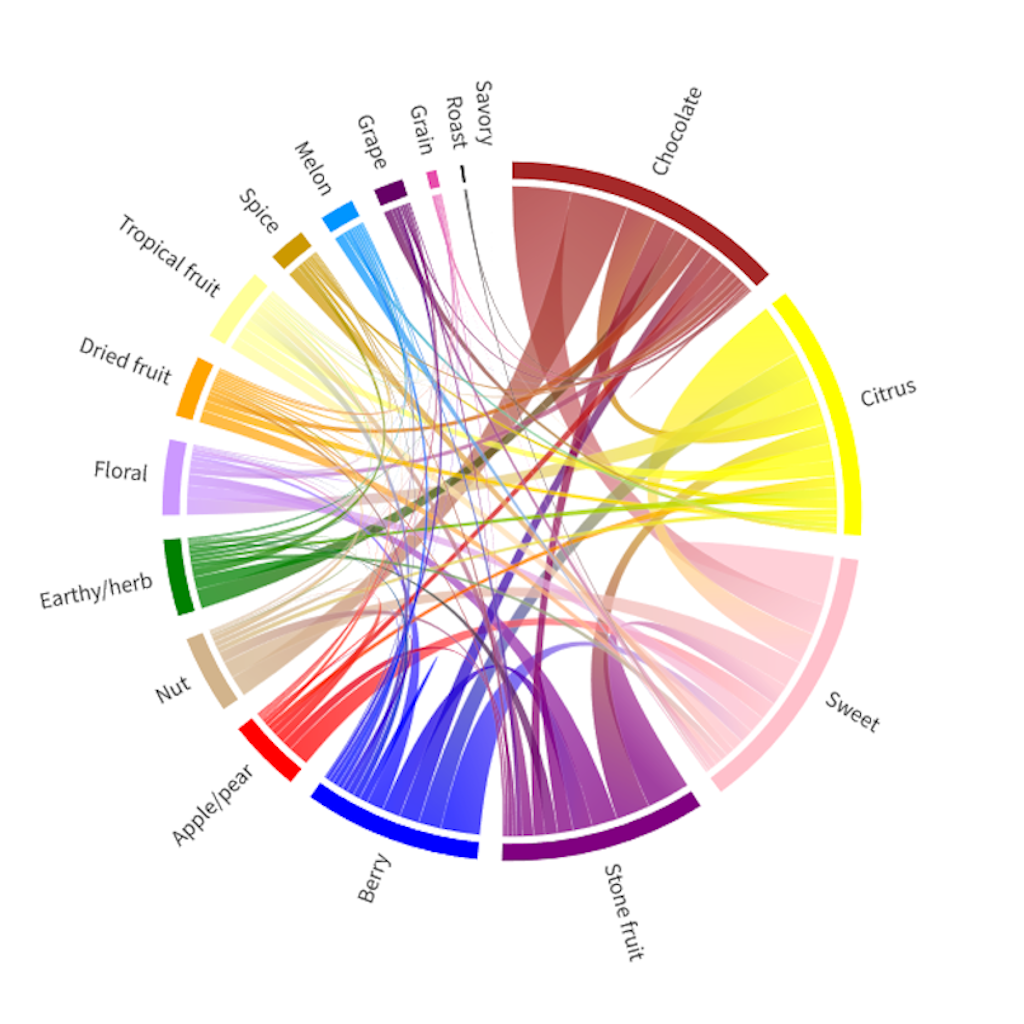
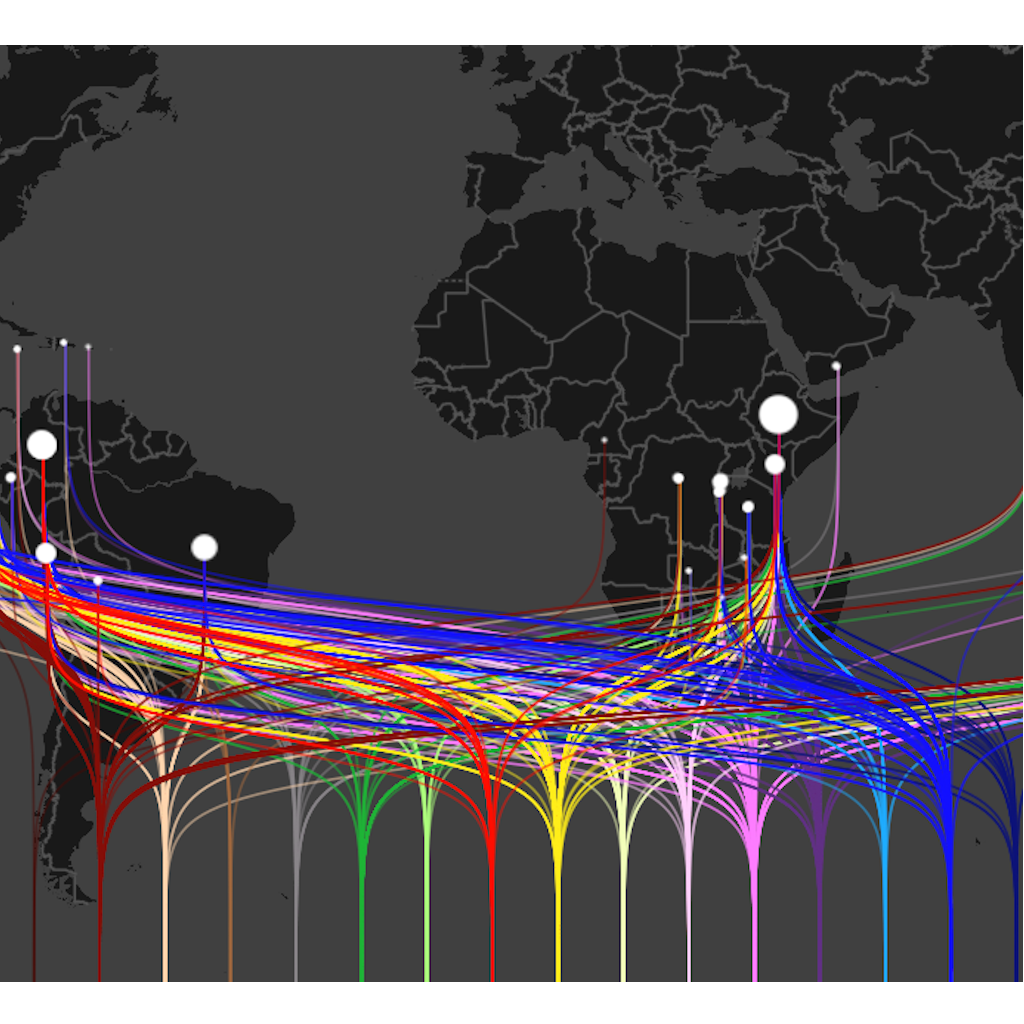
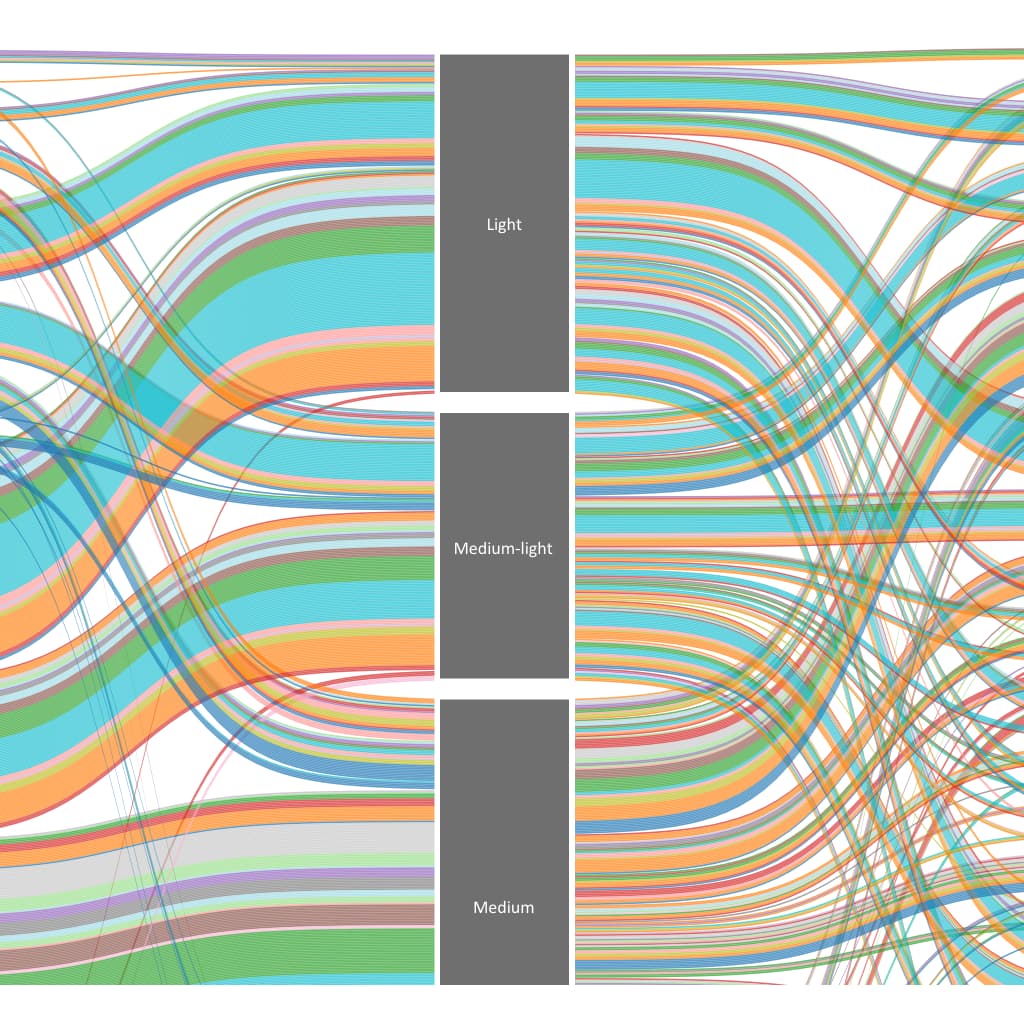
Talk coffee with us!
Keep in touch with Lightyear Coffee for the latest on innovation and sustainability in specialty coffee. No spam, ever.
Thank you!
You have successfully joined our subscriber list.
